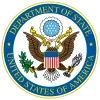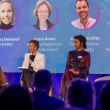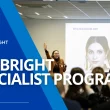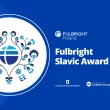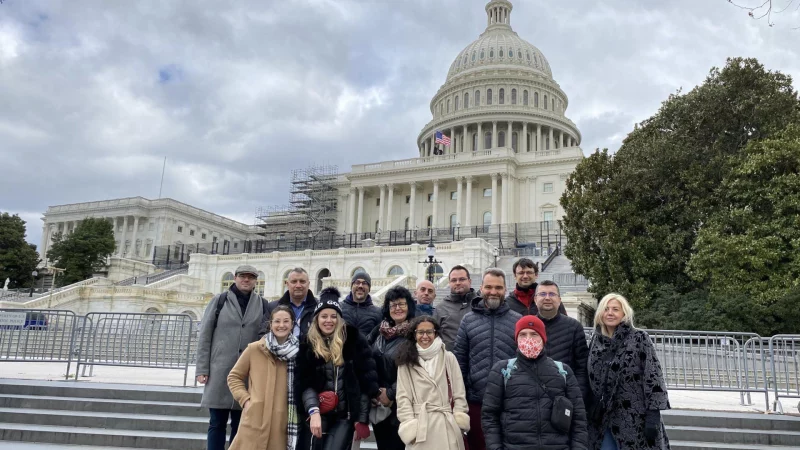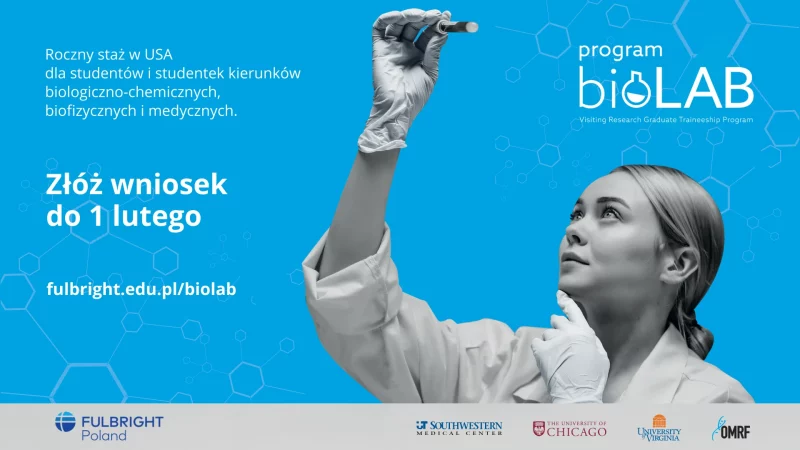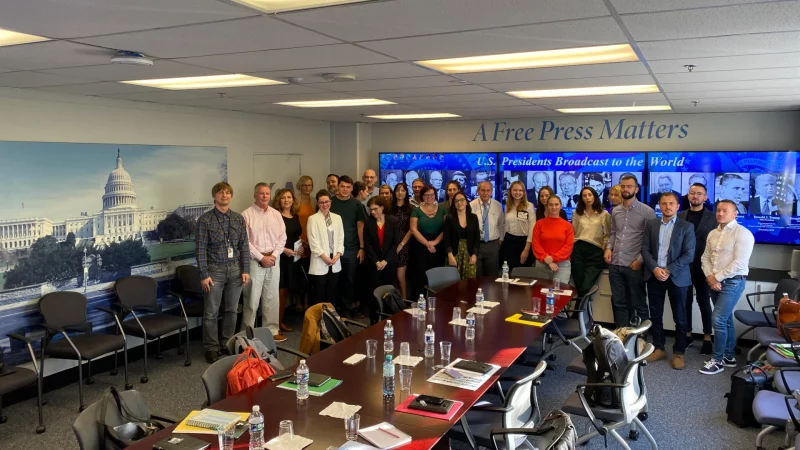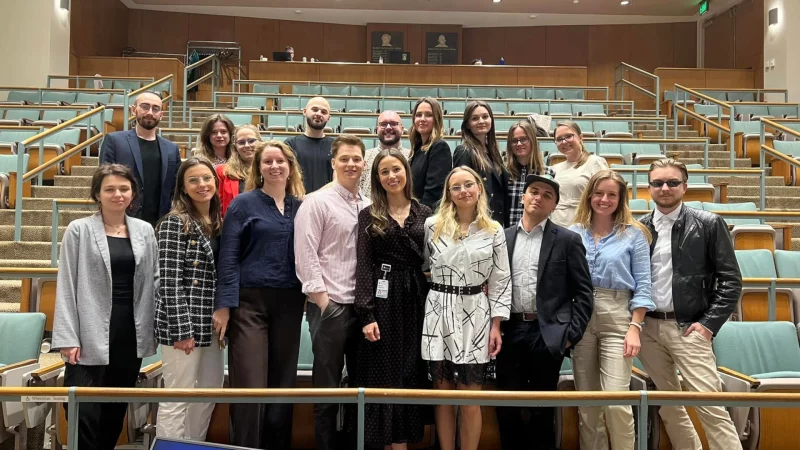First, the pandemic postponed the launch of our program. Then, the restrictions forced us to conduct the program in a hybrid manner and so we held 16 Zoom sessions throughout a couple of months. But finally, we made it to the US and back! Here is how the two groups of cybersecurity specialists spent their time in New York City and Washington D.C. and what they have learned on the way.
25 cybersecurity experts representing universities from 8 countries + 3 Fulbright staff members visited the US East coast in March/April in two cohorts: on March 12-24 and March 26-April 7, 2022.
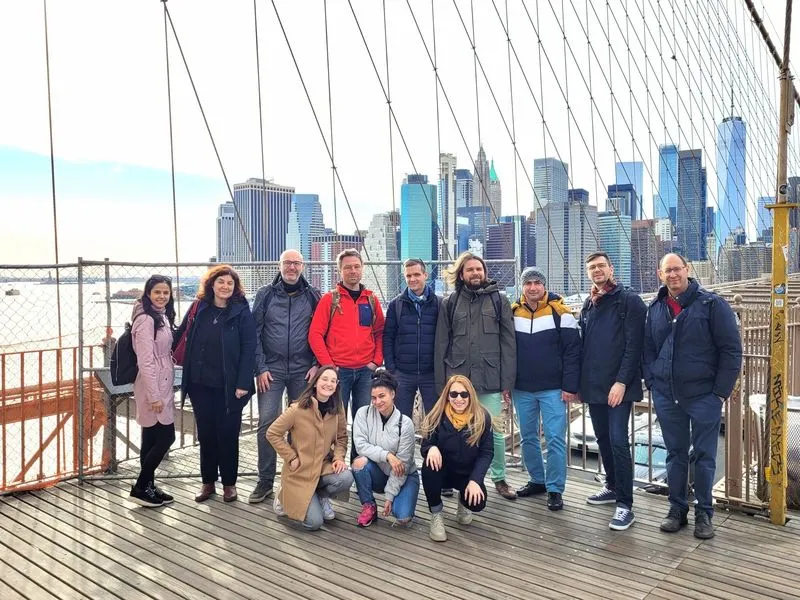
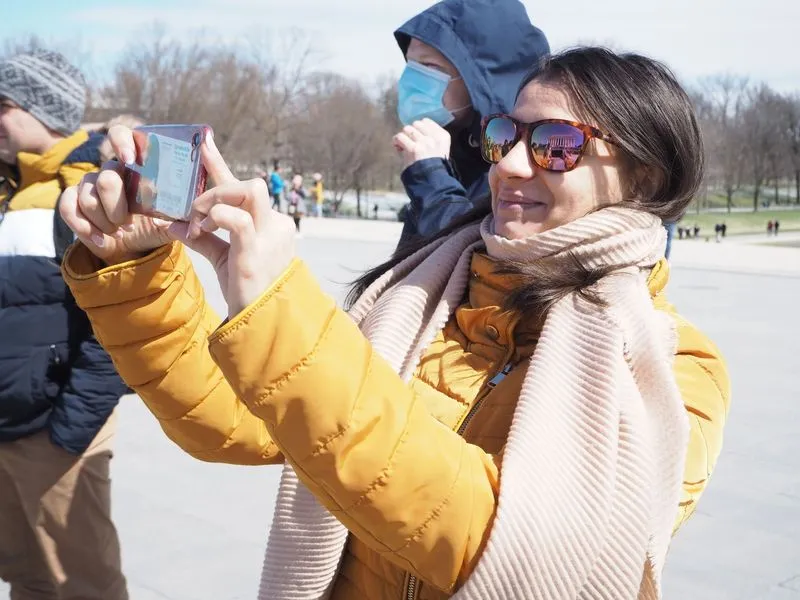
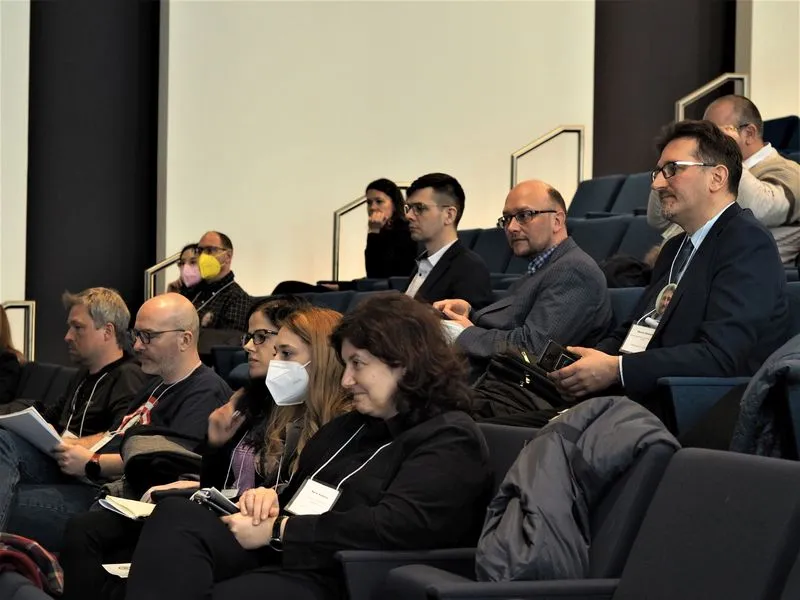
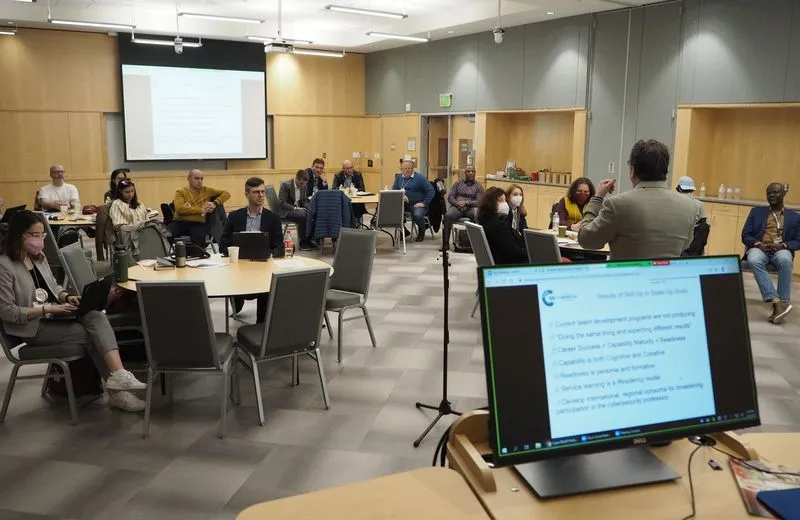
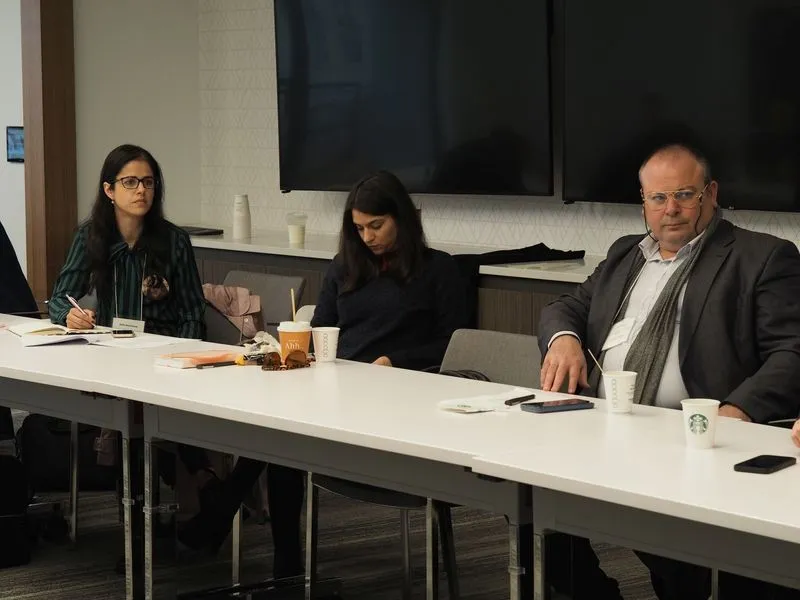
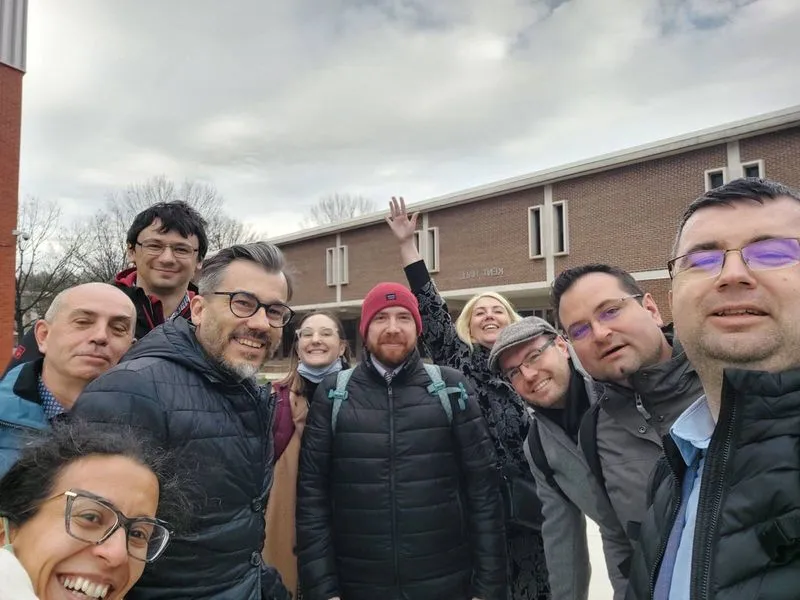
It was a great opportunity to participate in the Cybersecurity in universities Fulbright program – a real and useful possibility to get more experience and a better understanding of cybersecurity education. Getting together with other university colleagues and sharing ideas is the way to benefit all of us to build a better future.
Vesselina Gagamova
Thanks to Matt Brown from World Learning and Diane Murphy from Marymount University, both groups had an opportunity to take a closer look at the organization of teaching cybersecurity in a variety of universities in the U.S., as well as discuss current challenges, including those related to cybersecurity workforce development, with fellow experts.
The main premise of this program was to visit a number of higher education institutions in Washington, D.C. and New York City that range from private to public, including those serving minorities or underrepresented communities. The first stop for each group was a tour of the campus of the program partner, Marymount University, where they met with faculty, doctoral students and external experts to further discover how cyber security and cyber threats can be taught in higher education institutions.
You gave us an incredible opportunity to grow and improve!
Agata Manolova
At George Washington University, representatives of Cyber Security and Privacy Research Institute shared their knowledge on and discussed the structure of their cyber curriculum. Participants could reflect upon how the students can shape the programs they are enrolled in by choosing elective courses and were interested to learn that writing a thesis is not always required to obtain a BSc or MSc degree. By meeting with the University of Maryland Global Campus representatives, the groups learned about online degree and non-degree programs in cyber security. Because these programs have a mostly asynchronous format of teaching, which makes them available for people who are in various time zones (e.g. military personnel during deployment), participants had a chance to find out more about learning platforms, cloud-based virtual labs and online assignments for students.
One of the questions ceaselessly explored during the tour visits was workforce development and the practical application of teaching cyber security. Presenters gave numerous examples of both government-funded, as well as business-driven initiatives that help students cover university tuition and then obtain their first job placement. These included CyberCorps® Scholarship program and Cybersecurity Apprenticeship (often based on the principle of service requirement for a period equivalent to the length of scholarship). A member of the faculty from Howard University shared her experience of an academic-public-private partnership established at this institution and highlighted its positive effects also in terms of giving practical experience to students from underserved communities. As Arnis Paršovs, a member of the first group noted: “Howard University has a very positive experience running courses where companies give to students their data (under NDA) and tasks that match the learning outcomes of the course. This, of course, requires the company to delegate a person that has weekly meetings with the students.”
The whole program was excellent! I appreciate it.
Boris Bucko
While in New York City, the groups also visited New York University at their Brooklyn campus, City College of New York and Columbia University. The meetings were yet another opportunity to further discuss how teaching is organized (both from students and faculty perspectives), see lab presentations, discuss how additional educational projects, such as competitions can facilitate (or discourage) the buildup of cybersecurity skills, and how intersectionality is important in thinking of cybersecurity. Learning more about both online and in-person university cybersecurity programs, one of the participants noted an interesting fact: For an admission to some technical cyber security MSc programs it is not always required to have a technical background or even a BSc degree from a technical field. „Bridging” courses are offered to improve/obtain technical skills, which facilitates career changes and helps to close the workforce gap.
Discussions extended throughout the evenings. While still in the U.S., some of the group members were already sharing their insights and ideas for future cooperation, such as: a joint roundtable in Europe; joining regional initiatives and local opportunities for research and educational mobility; or signing Erasmus agreements between universities represented in the programs.
Within this program, we learned a lot of things and we managed to create connections that will allow us to develop joint projects and partnerships in the future.
Daniel Hunyadi
Besides the official program, there was also plenty of time to explore American culture through sightseeing, visiting museums, going to concerts and sport events. Everyone returned home safely, satisfied with the program and with the opportunity to finally meet in-person.
Selected participants:
- Adrian Alexandrescu (Romania), Gheorghe Asachi Technical University of Iasi, Department of Computer Science and Engineering
- Titus Constantin Balan (Romania), „Transilvania” University of Brasov, Department of Electronics and Computers
- Boris Bučko (Slovak Republic) , University of Žilina, University Science Park / Faculty of Management Science and Informatics
- Linas Bukauskas (Lithuania), Vilnius University, Cybersecurity laboratory, Institute of Computer Science
- Adrian Viorel Coleșa (Romania), Technical University of Cluj-Napoca (TUCN), Computer Science
- Sintija Deruma (Latvia), BA School of Business and Finance, Department of Management
- Dimitar Dimitrov (Bulgaria), University of National and World Economy, National and Regional Security
- Piotr Filipkowski (Poland), SGH Warsaw School of Economics, Institute of Information Systems and Digital Economy
- Dorottya Futóné Papp (Hungary), Budapest University of Technology and Economics, Department of Networked Systems and Services
- Veselina Gagamova (Bulgaria), “G. S. Rakovski” National Defence College, Command and Staff Faculty
- Marcin Głowacki (Poland), Wroclaw University of Science and Technology, Electronics
- Kacper Gradon (Poland), Warsaw University of Technology, Faculty of Electronics and Information Technology
- Ioan Daniel Hunyadi (Romania), “Lucian Blaga” University of Sibiu, Department of Mathematics and Informatics
- Dorin Iordache (Romania), Ovidius University of Constanta, Mathematics and Informatics
- Ignas Kalpokas (Lithuania), Vytautas Magnus University, Political Science and Diplomacy
- Balázs Kárász (Hungary), National University of Public Service (NUPS), Doctoral School of Military Engineering
- Roland Kelemen (Hungary), Széchenyi István University, Legal History
- Dezdemóna Kovács (Hungary), University of Szeged, Law and Political Science, International Relations
- Agata Manolova (Bulgaria), Technical University of Sofia, Faculty of Telecommunications
- Anna-Maria Markova (Bulgaria), University of National and World Economy, National and Regional Security
- Sten Mäses (Estonia), Tallinn University of Technology, Department of Software Science
- Dóra Molnár (Hungary), National University of Public Service, International Security Policy Department
- Borislav Nikolov (Bulgaria), Nikola Vaptsarov Naval Academy, Information Technologies
- Arnis Paršovs (Estonia), University of Tartu, Institute of Computer Science
- Razvan Victor Rughinis (Romania), Politehnica University of Bucharest, Department of Computers
- Krzysztof Rzecki (Poland), AGH University of Science and Technology, Department of Biocybernetics and Biomedical Engineering
- Witold Sobolewski (Poland), Lazarski University, IT Academy
- Alvis Sokolovs (Latvia), Vidzeme University of Applied Sciences, Faculty of Engineering
- Soňa Sopúchová (Slovak Republic), Comenius University in Bratislava, Institute of Information Technology Law and Intellectual Property Law
- Anton Stoilov (Bulgaria), American University in Bulgaria, Computer Science Department
Learning objectives:
- to acquaint participants with the scope of cybersecurity studies conducted in the US, the catalogue of specializations and most common course content/curriculum,
- to showcase several examples of successful cybersecurity Ms/ Bs/ certification programs run by distinguished US universities,
- to reflect upon best practices in organizing and running cybersecurity programs,
- to discuss the most current challenges in cybersecurity and studies devoted to the subject,
- to familiarize the group with the latest developments in cybersecurity.
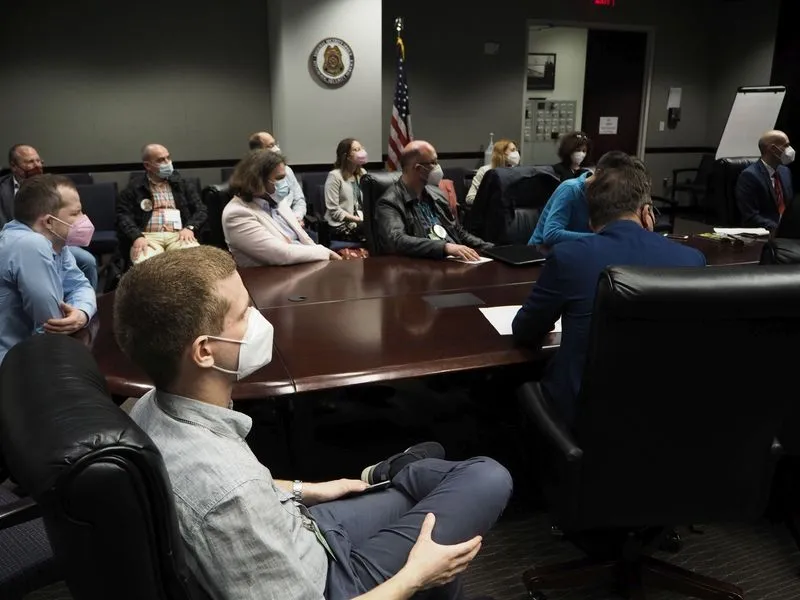
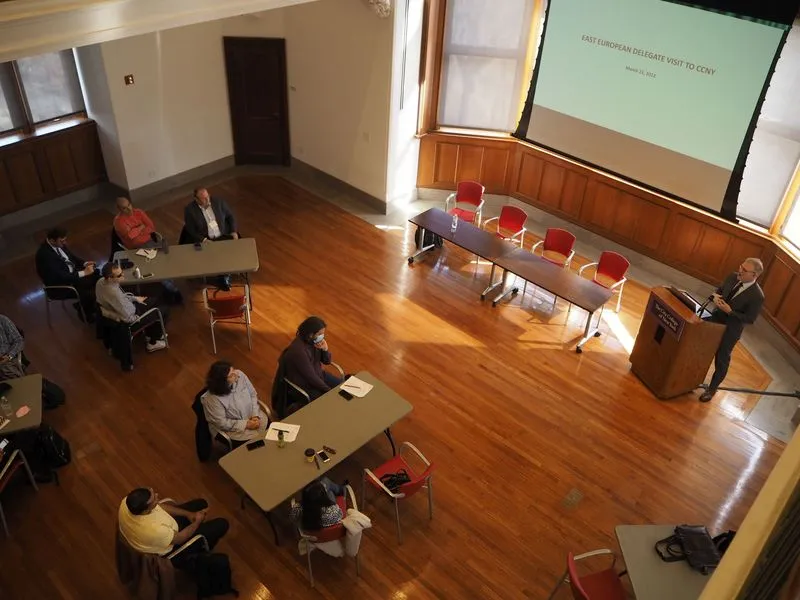
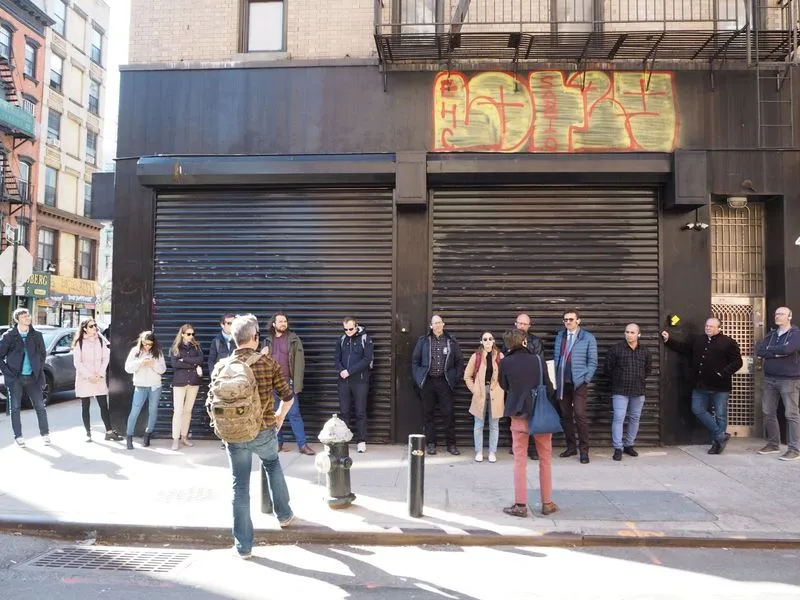
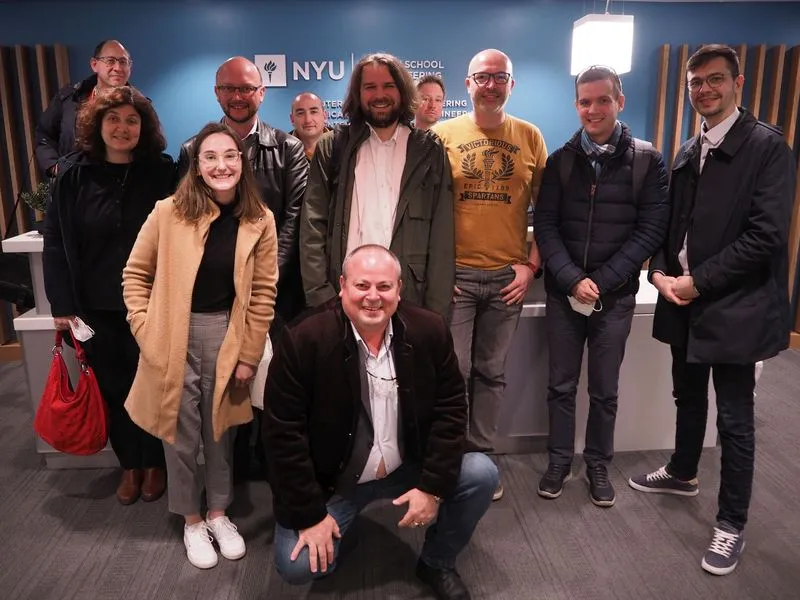
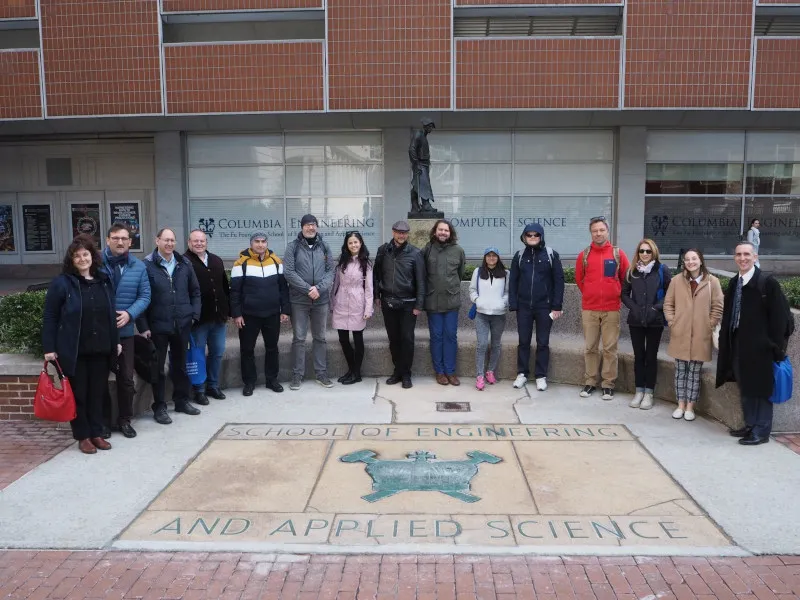
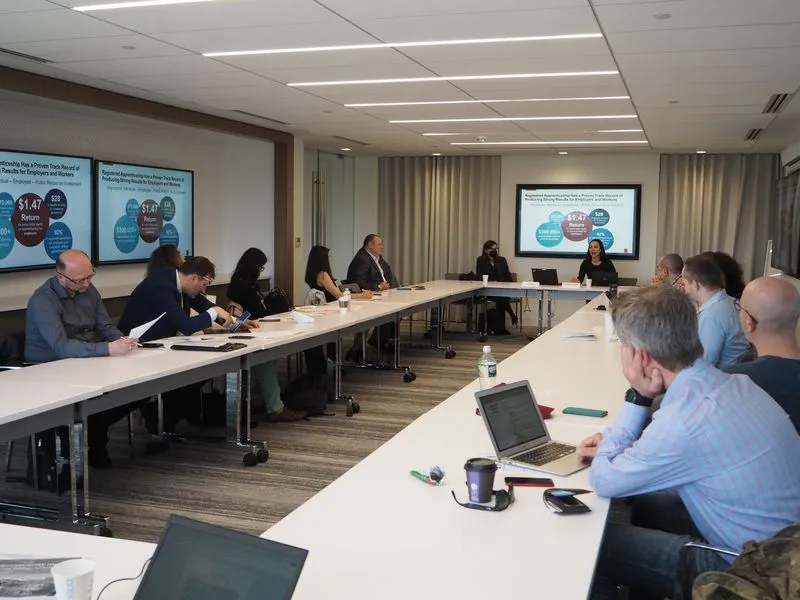
The program of the visit featured:
Virtual component
16 online meetings extended over a 4-month period (March-June 2021). The preliminary schedule is available here.
Meetings with faculty
Meetings with several universities’ faculty and administrators of cybersecurity programs (i.e. Marymount University, George Washington University).
Training
A training program at Marymount University (hybrid format: 8 virtual meetings and 2 days on campus during the in-person component).
Highlights included
Columbia University, Purdue University, virtual meeting with Facebook representative.
Meetings with practitioners
Meetings with practitioners in the field of cybersecurity – both business and state-related entities.
In-person component
An 8 days visit to the U.S. East Coast in the Spring of 2022.
The program was organized by Fulbright Poland, together with Fulbright Commissions based in Bulgaria, Czech Republic, Hungary, Romania and Slovak Republic, in partnership with two U.S.-based entities: World Learning Inc. and Marymount University and funded by the U.S. Department of State.



